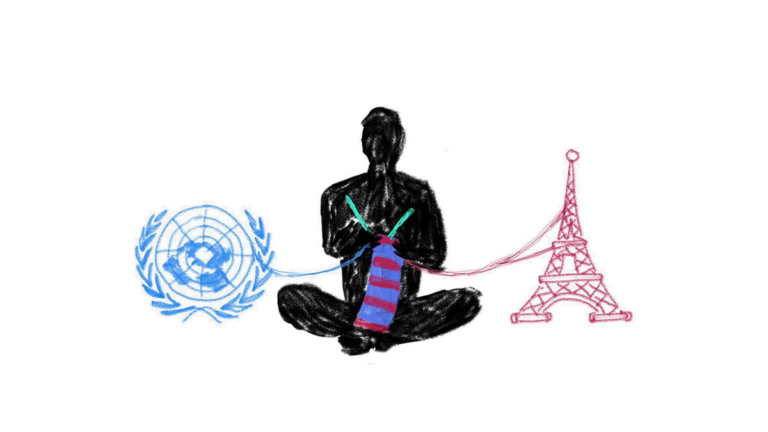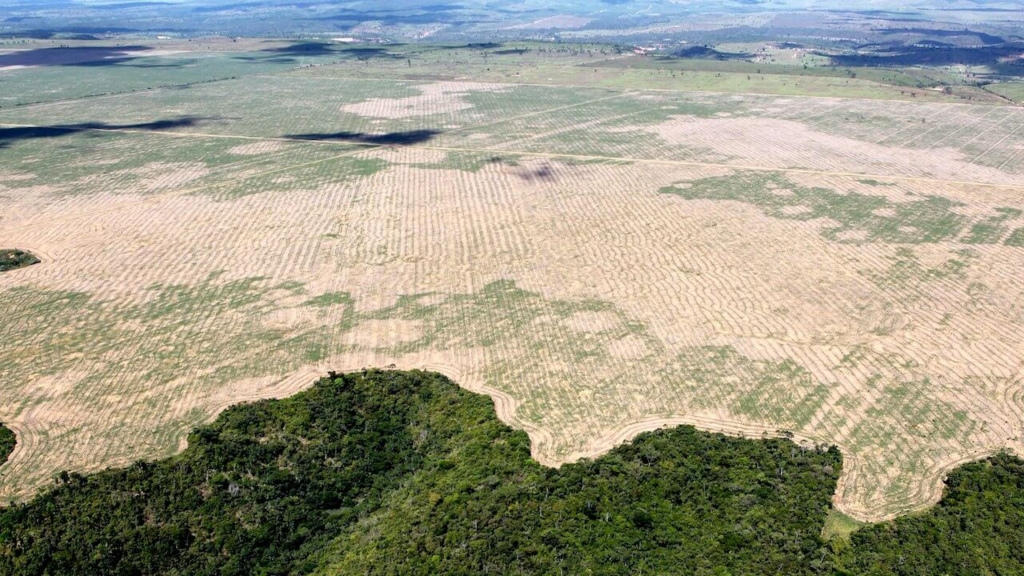Casebook Info
In March 2021, several NGOs filed suit against the French food retailer Casino for harms associated with its operations in Brazil and Colombia. Specifically, they argue that the multinational food corporation is responsible for: (1) harm to the environment, including biodiversity loss and the loss of carbon stocks; (2) human rights violations; and (3) harm to human health and safety. All of this is, the plaintiffs argue, in violation of the company’s obligations under the French duty of vigilance law.
This lawsuit represents a first: it’s the first time that a supermarket chain has been subject to suit for deforestation and human rights violations in its supply chain. And its consequences may far-reaching: the lawsuit, if successful, could open the door to further legal action targeting companies whose supply chains contain activities that violate human rights and deforestation laws.
- Year Filed 2020
- Year of Most Recent Ruling N/A
- Year of Final Ruling N/A
- Jurisdiction France
- Court Name Saint-Étienne Judicial Court
- Primary Focus Mitigation
- Ruling On Merits (substance)
- Plaintiff(s) NGOs [Canopée, CPT, Envol Vert, Mighty Earth, Notre Affaire à Tous, and Sherpa, OPIAC, COIAB, FEPIPA and FEPOIMT]
- Respondent(s) Casino
- Outcome Pending
- Organizational leader of the litigation Envol Vert
Background
Much of the public discourse on climate change focuses on fossil fuels. This is understandable, given that a majority of the greenhouse gas (GHG) emissions that drive climate change result from the production and consumption of fossil fuels. This does, however, mask the other major contributor to GHG emissions: industrial agriculture and food. The production of livestock, in particular, constitutes a large share of agriculture’s contribution to climate change. Globally, the production of livestock is also entangled in serious human rights abuses. A case in point are the cattle industries in Brazil and Colombia, where some workers involved in raising cattle have suffered grave violations of their human rights.
This case – Envol Vert v. Casino – targets the intersection of climate change and human rights abuses. The plaintiffs (several NGOs) brought a claim in March 2021 against the corporation Casino for environmental and human rights harms attributable to its cattle industry operations in Brazil and Colombia. The Casino group is the largest supermarket chain in both countries and operates in these countries through its respective subsidiaries, Grupo Pão de Açúcar (GPA) and Grupo Éxito. Casino’s South American operations account for nearly half of the group’s global revenues.
The plaintiffs in this case more specifically allege that, despite Casino’s commitment to eliminate deforestation and comply with Brazilian national law (which states that all actors in the production chain are responsible for the environmental damage caused with their consent), the chain is responsible for: (1) harm to the environment, including biodiversity loss and the loss of carbon stocks; (2) human rights violations, including land grabs, violations of Indigenous peoples’ rights, and slavery and forced labor; and (3) harm to human health and safety, including emissions of CO2 and microparticles. According to evidence compiled by the Center for Climate Crime Analysis (CCCA), Casino regularly bought beef from slaughterhouses like the corporate giant JBS, whose suppliers are responsible for at least 50,000 hectares of deforestation – an area five times the size of Paris. Evidence submitted also shows that beef suppliers grab Indigenous land, resulting in Indigenous communities’ loss of livelihoods.
Through their petition, the plaintiffs seek to compel the Casino group to comply with its obligations under the French duty of vigilance law. The plaintiffs argue, in short, that the yearly vigilance plans released by Casino in 2018-2020 – as required by law – lack substance or are otherwise inadequate. Consequently, the plaintiffs have asked the Court to order Casino to: (1) establish, implement, and publish a detailed vigilance plan identifying risks caused by the activities of the group; and (2) on the basis of a lack of vigilance under the French Commercial Code, to compensate Brazilian Indigenous groups for loss of opportunity and moral damage stemming from Casino’s failure to adhere to its duty of vigilance.
Casino, in turn, has responded that: (1) the group’s vigilance plan would include an updated risk map, an assessment of suppliers, actions to prevent and mitigate risks, and a system for monitoring measures and evaluating their effectiveness; (2) the duty of vigilance law only obligates companies to take reasonable actions; and (3) the measures requested by the plaintiffs are unreasonable.
This lawsuit marks the first time that a supermarket chain has been taken to court for deforestation and human rights violations in its supply chain. And the consequences of the case may not be limited to Casino – the lawsuit opens the door to further legal action targeting companies that violate deforestation laws and have human rights abuses within their supply chains.
- 50,000+ The number of hectares deforested by the suppliers of JBS up until 2022
- 5,000 The Duty of Vigilance Law applies to French companies with more than 5000 employees, including only the company’s direct or indirect France-based subsidiaries
- 10,000 The Duty of Vigilance Law applies to French companies with more than 10,000 employees if direct and indirect subsidiaries globally are included
- 2017 The year in which the duty of vigilance law was passed
Strategies
Bringing the case in a more favorable venue / jurisdiction.

The plaintiffs recognized that France may be a favorable jurisdiction to pursue their claims given the French duty of vigilance law that was passed in 2017. Fueled by the corporate impunity evident after the collapse of Rana Plaza, the law aims to promote corporate responsibility throughout supply chains by imposing a mandatory duty of due diligence on companies with 5,000+ employees. It specifically requires these companies to develop plans that identify, prevent, and mitigate risks relating to human rights and environmental damage across all their operations.
Tying countries’ / corporations’ climate and human rights obligations to international climate and environmental law, including, for example, the temperature target established by the Paris Agreement

The plaintiffs in this case claim that a duty of environmental vigilance arises not only from the French duty of vigilance law but also from the case law of the French Court of Cassation and public international law. The concept of vigilance that arises from these sources implies, according to the plaintiffs, a duty to prevent and mitigate a risk if damage from that risk is known or reasonably foreseeable. This therefore implies that corporations have a duty to prevent known risks as well as a duty of care in the face of uncertain risks. Preventative measures, the plaintiffs argue, must be adapted to the severity and extent of the risk in light of the best available scientific evidence.
Take-aways
The French duty of vigilance law is unprecedented in that it allows plaintiffs to circumvent the limited liability of corporations.
This case reflects the increasing legal, financial, and reputational risks that corporations are confronting as a result of their actions contributing to climate and environmental harms.
This type of case highlights the gap between corporations’ practices and the increasingly stringent environmental, social, and governance (ESG) policies of financiers, which may lead corporations to incur higher debt financing costs or struggle to acquire necessary capital.
